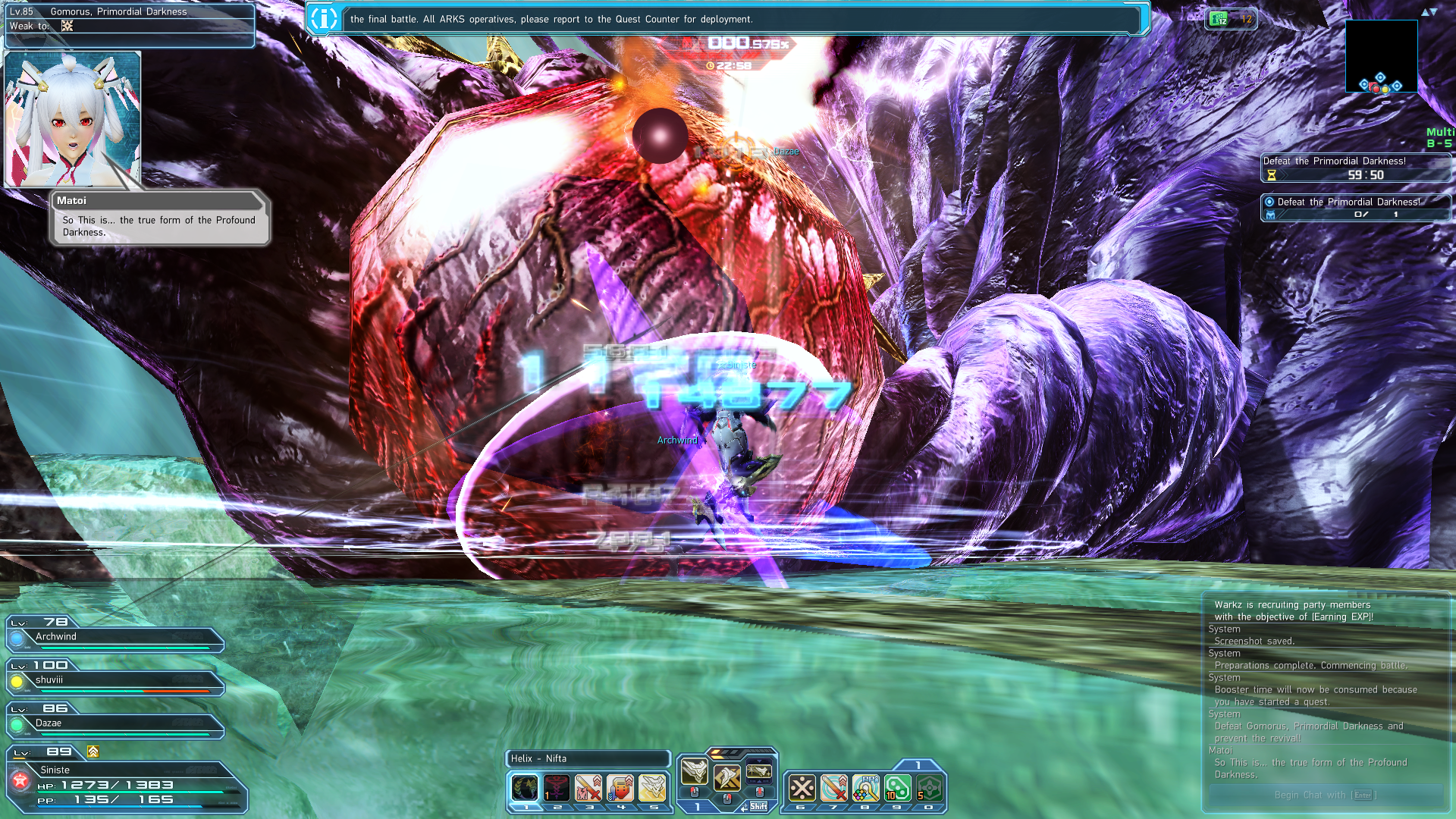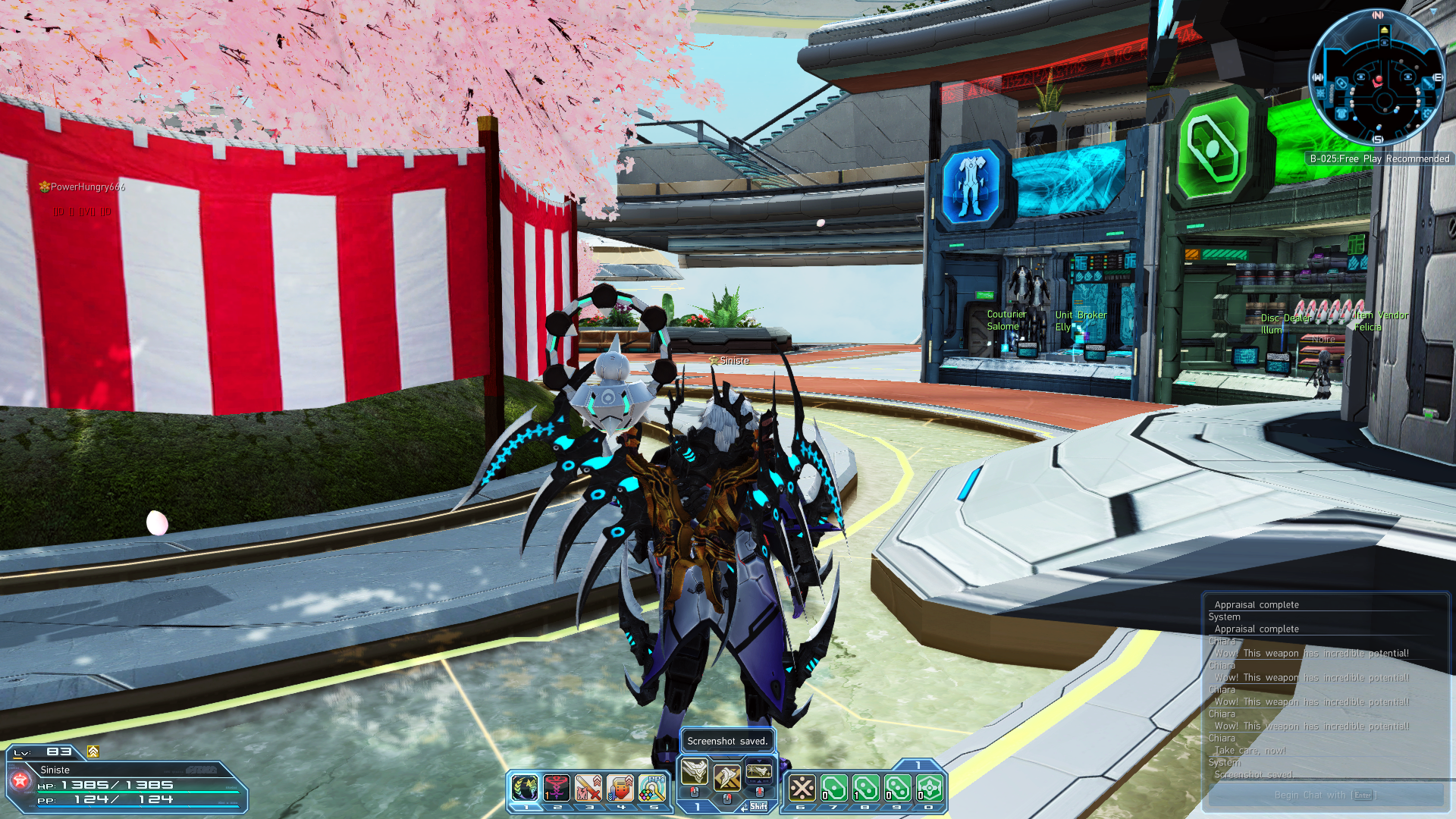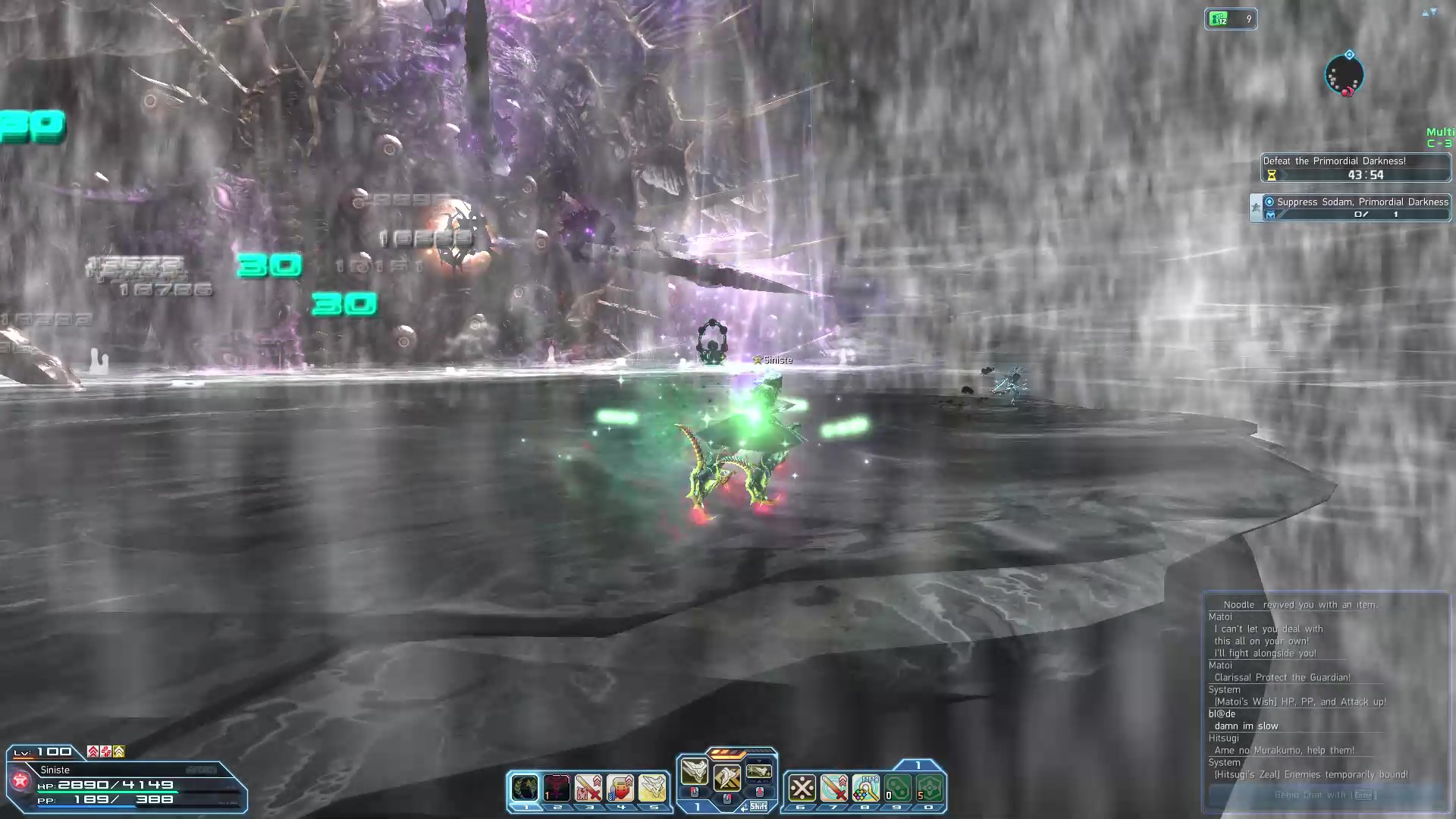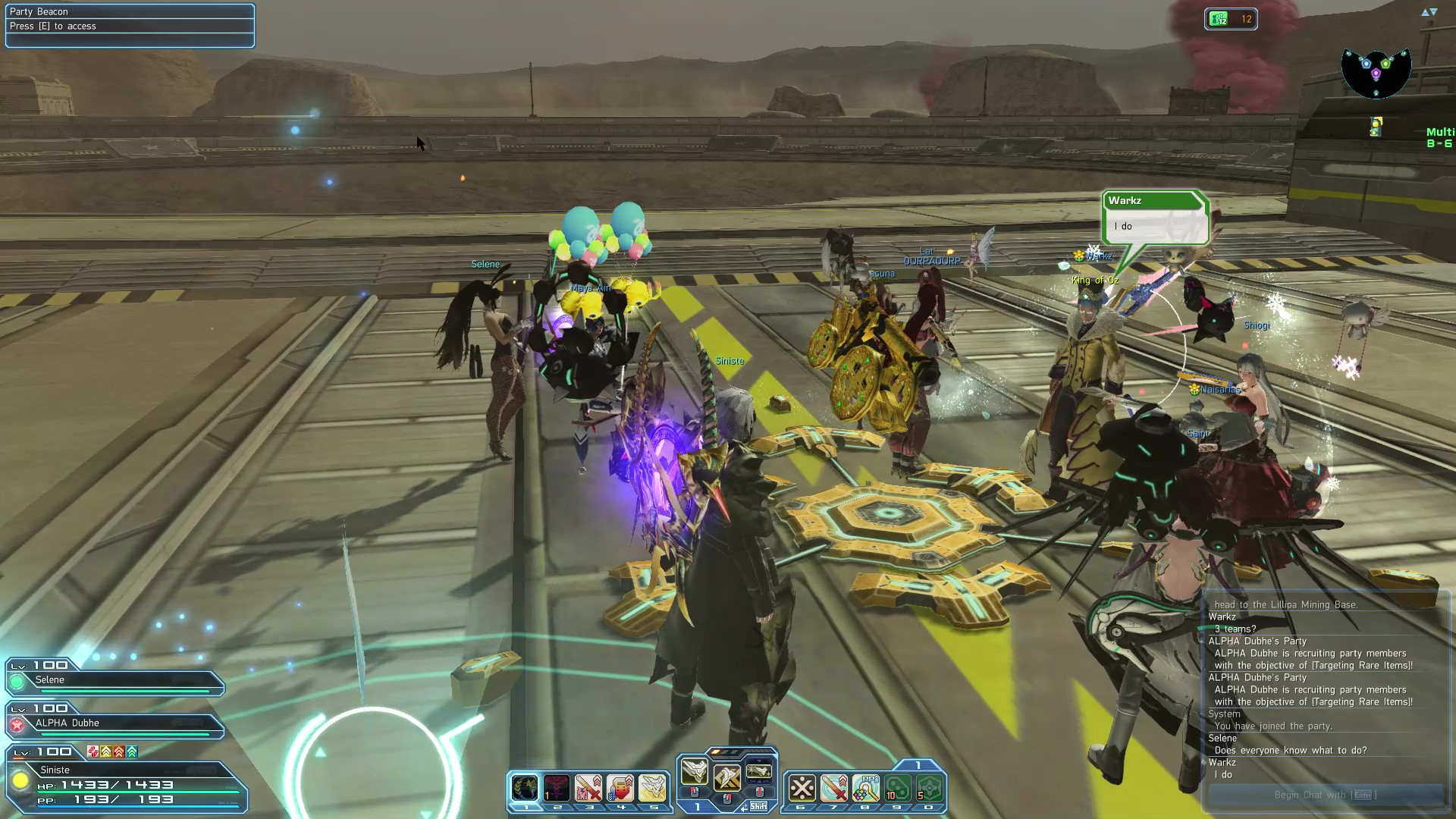(Game Review) Phantasy Star Online 2 [ファンタシースターオンライン2]
Time to read: 4 min read
 Game Cover
Game Cover
They've become a great light to drive away the darkness. Once and for all.
Platform played on: PC
# Review
Now that the complete overhaul of Phantasy Star Online 2, New Genesis, is out, I thought that it’d be a good time to look back on one of the JRPGs I’ve spent the most time playing. I had heard a lot of good things about this game, and was very excited to check it out. The team behind the game previously created Minerva's Den for Bioshock 2, which I really enjoyed. I initially thought that this game is a horror game, and the beginning of the game, with its dark and sombre ambiance and allusions to murders, merely affirmed my suspicions. I spent the first half of the game waiting for the jump scare but none came.
PSO2 was first launched in Japan in 2012 and it took 8 years for it to be ported to North America. The player in PSO2 is a member of an elite task force charged with exploring new planets and defeating the forces of evil (the Falspawn). The story itself is a hit-or-miss (I actually played through all the episodes) and to be frank, the story is all over the place. There is a central theme which ties everything together but a lot of the time, the story feels like disparate plots being forced together for continuity.
 The main story is told through cutscenes
The main story is told through cutscenes
Despite this, the actual gameplay is very smooth. PSO2 is an action RPG and the actions feel fast and are very satisfying. There are a plethora of different classes catering to different playstyles; I personally main the Bouncer class but have played all of the different classes. What I like about the progression system is that one can easily switch between the classes.
 Fast-paced gameplay
Fast-paced gameplay
The gameplay takes place with a lobby system, where players hang out on the main ship and queue into specific parts of the world to accomplish missions and tasks, which can range from defeating specific bosses or performing specific actions at parts of the map. While this system ensures that players are focused on the task at hand, PSO2 loses some of the exploration of open-world MMOs.
 The mothership, where players can buy, craft, and trade
The mothership, where players can buy, craft, and trade
My favourite missions are the scheduled Urgent Quests, where players participate in large scale missions akin to a raid. There usually is a large boss fight, and some of the bosses had very interesting mechanics.
 Urgent quest
Urgent quest
While PSO2 can be played entirely solo (which I mainly did), the community is still very active and are very helpful (although this is subject to change as players migrate to New Genesis). There is also a system for playing with NPCs in missions but in most cases the lobbies will have enough real players to be fun.
 Lobby before a mission
Lobby before a mission
Being over 8 years old, the game has many highly complex and intricate mechanics for everything, from upgrading equipment to changing one’s cosmetics. The in-game tutorials can be laborious to read and the menus are hard to navigate. Usually veterans are happy to help and there are many Youtubers making in depth content for the different mechanisms of the game. The upside of playing a live-service in the later stages is that everything feels fast-tracked; what would’ve taken hours of grinding now only takes a couple of minutes.
While being free-to-play, other than some quality of life improvements (such as extra inventory space), the game doesn’t really require one to spend any money at all. There are many customization options, however, and I did spend some money to support the game.
If you’re thinking of starting PSO2, I’d recommend playing New Genesis which is actually a separate game. You can still play the base PSO2 and the same character can be used in both games; other than cosmetics, most of the progress between the two games are separate though. The charm of PSO2 is its community and the various in-game events, such as time-limited events such as collaborations with other franchises and in-game concerts. It is unclear how that will change with the full release of New Genesis but it does not look promising.
# Conclusion
A really solid JRPG MMO at the end of its life.